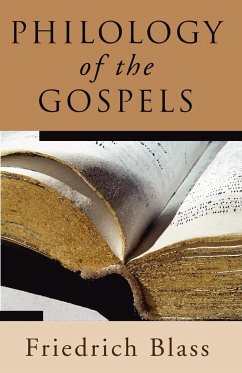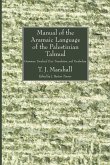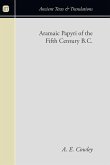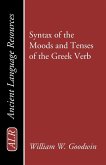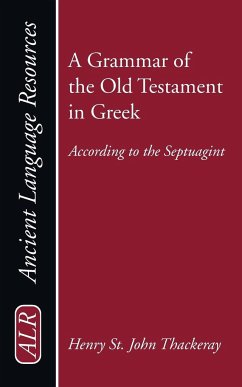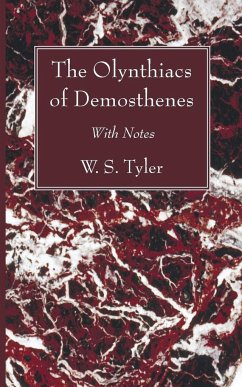Contents St. Luke's Gospel Distinctly a Literary Work The Proem of St. Luke When Did St. Luke Write? Arguments for and against the Early Date of St. Luke's Gospel Importance and Method of Textual Criticism in the New Testament Textual Condition of the Gospels: Matthew, Luke The Question of the Double Text in St. Luke's Gospel and in the Acts The Proofs for Two Distinct Texts in the Acts The Double Text in St. Luke's Gospel Some Other Textual Difficulties in St. Luke's Gospel Textual Condition and Original Separate Forms of Mark's Gospel Textual Condition of St. John's Gospel
Hinweis: Dieser Artikel kann nur an eine deutsche Lieferadresse ausgeliefert werden.
Hinweis: Dieser Artikel kann nur an eine deutsche Lieferadresse ausgeliefert werden.

